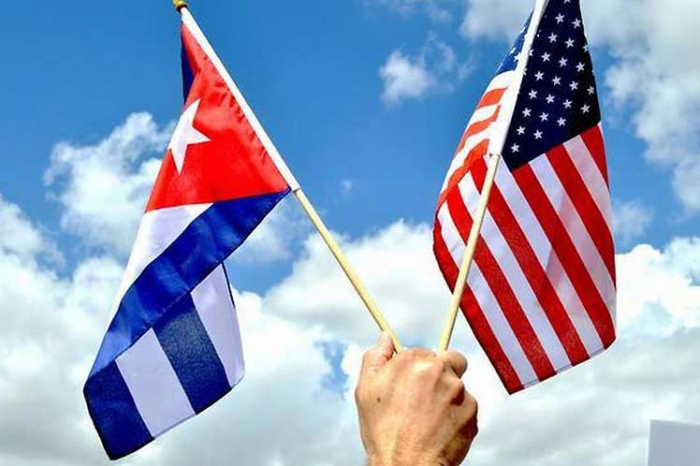
A total of 16 entities of this type signed the letter addressed to the secretaries of State, Antony Blinken, and of the Treasury, Janet Yellen, the two government structures in charge of the application and control of the policy of siege against the Caribbean Nation, imposed for almost six decades.
The signatories demanded that the White House eliminate Cuba from the list of nations that according to Washington sponsor terrorism, a measure rejected by the authorities in Havana, and described this inclusion as disproportionate, which in turn restricts the possibilities of humanitarian assistance and the arrival of financial transactions to the country.
Our organizations have a long history of working with Cuban civil society and religious associations, and through our travels, personal relationships, and frequent communications, we learn first-hand about the difficulties Cubans face, the text notes.
US policy should not cause harm or suffering to Cubans and their families, who are the most affected, he adds.
According to the document, there are numbers of regulatory and administrative changes available to the Executive Branch "that could improve food security, the lives of citizens and the economic development of Cuba, while supporting our national security interests."
Our counterparts from churches and similar organizations in Cuba report that the economic, commercial and financial sanctions imposed by the United States and aggravated during the administration of Donald Trump, were amplified in the wake of the Covid-19 pandemic.
According to the text, these punitive actions contributed to making the shortage of basic necessities more severe, in particular food, hygiene items and medicines, in addition to the fact that small independent businesses and churches were strongly affected.
At the same time, the imposition of restrictions on the sending of remittances further aggravated the situation by cutting off this route that Cuban Americans use to help their relatives on the island, so this situation must change, say the representatives of the organizations.
Copies of the letter were also sent to dozen Democratic and Republican leaders in the United States Congress, including Senator Robert Menéndez, chairman of the Senate Foreign Relations Committee and one of the leading figures who refuse to improve the ties between Havana and Washington based on mutual respect.
The text was also sent to executives of the National Security Council and the State Department, who are in some way related to the review of the policy towards Cuba promised by Biden during his campaign for the presidential election on November 3, 2020.
Read Other Articles In Headlines




